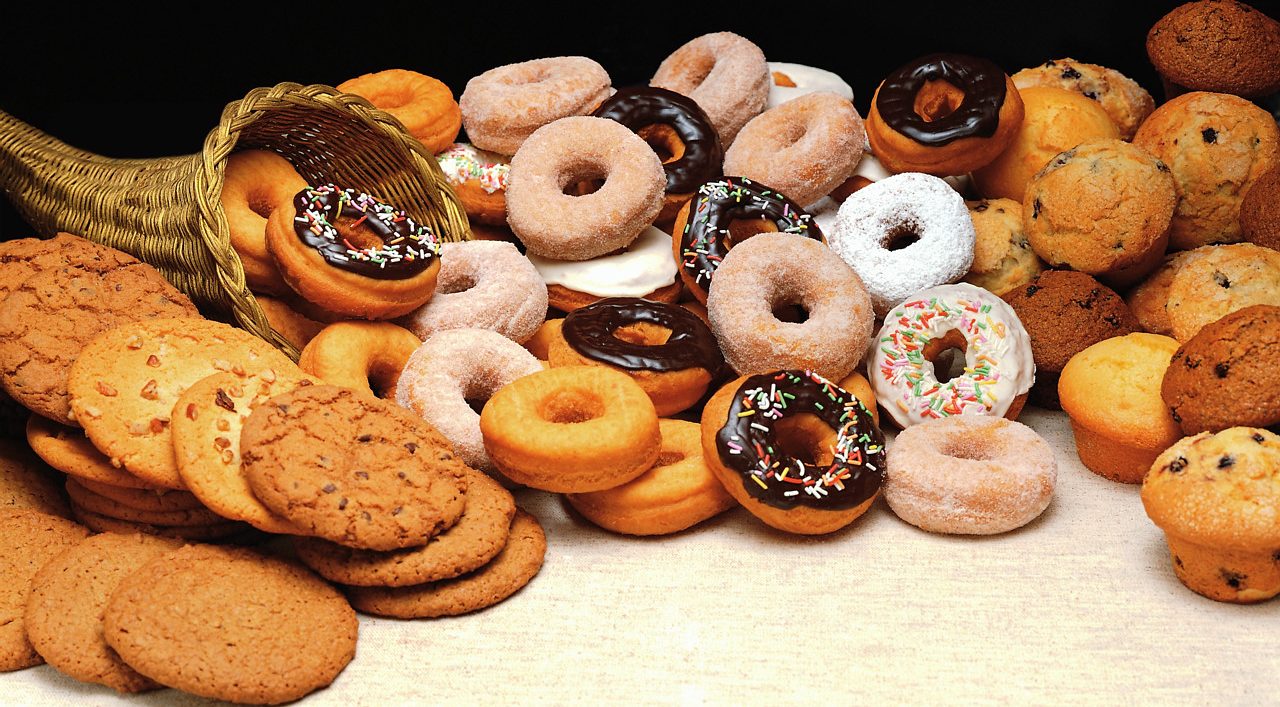The Trans Fat Ban Saves Lives

Crackers, margarine, and some other foods taste a little different than in earlier years. They no longer contain trans fats — and that’s a healthy change.
For decades, shoppers bought many pre-packaged foods with this ingredient on the label: partially hydrogenated oil. Ready-to-use frostings, microwave popcorn, packaged cakes, frozen pizzas, margarines, refrigerated dough products, crackers, and coffee creamers are just some of the products that contained this type of oil, better known now as “trans fat."
YOU MIGHT ALSO LIKE: Cooking with Coconut Oil and Palm Oil
What is trans fat?
“Partially hydrogenated oil” first emerged in the food industry in the 1950s. By bubbling hydrogen gas through oil, manufacturers could turn liquid oils into whatever saturation or thickness they wanted to use in many kinds of products, ranging from soft cookies, microwave popcorn, and canned cake frosting to shortening, cooking oils, and hard margarine.
The technology made a flurry of new and popular consumer packaged goods taste fresh longer, too. As early as 1990, however, scientists linked these industrially created fats to a greater risk of heart disease. Trans fats, research revealed, can build up plaque in arteries, leading to a heart attack.
The trans fat ban
While pre-packaged foods are still available, they are no longer made with trans fat oils. In fact, the U.S. Food and Drug Administration has officially eliminated them from the U.S. food supply.
As of 2018, partially hydrogenated oils (the primary form of trans fats) cannot be added to food items. That’s a move that will likely have a long-lasting impact on lowering the risk of cardiovascular disease, stroke, and other health problems such as type 2 diabetes.
Health benefits of banning trans fats
The removal of trans fats from food could have profound health benefits, according to Harvard T.H. Chan School of Public Health researchers. They estimate eliminating trans fats from the U.S. food supply could prevent up to 1 in 5 heart attacks and related deaths — resulting in a quarter of a million fewer heart attacks and related deaths each year. They also believe trans fat in foods contributed to the epidemic rise of type 2 diabetes.
A small amount of trans fat occurs naturally in some meat and dairy products, including beef, lamb, and butter, the American Heart Association points out. There is no evidence so far, however, that naturally occurring trans fats have the same cardiovascular risks linked to artificially created hydrogenated trans fats.
Updated:
November 22, 2022
Reviewed By:
Janet O’Dell, RN